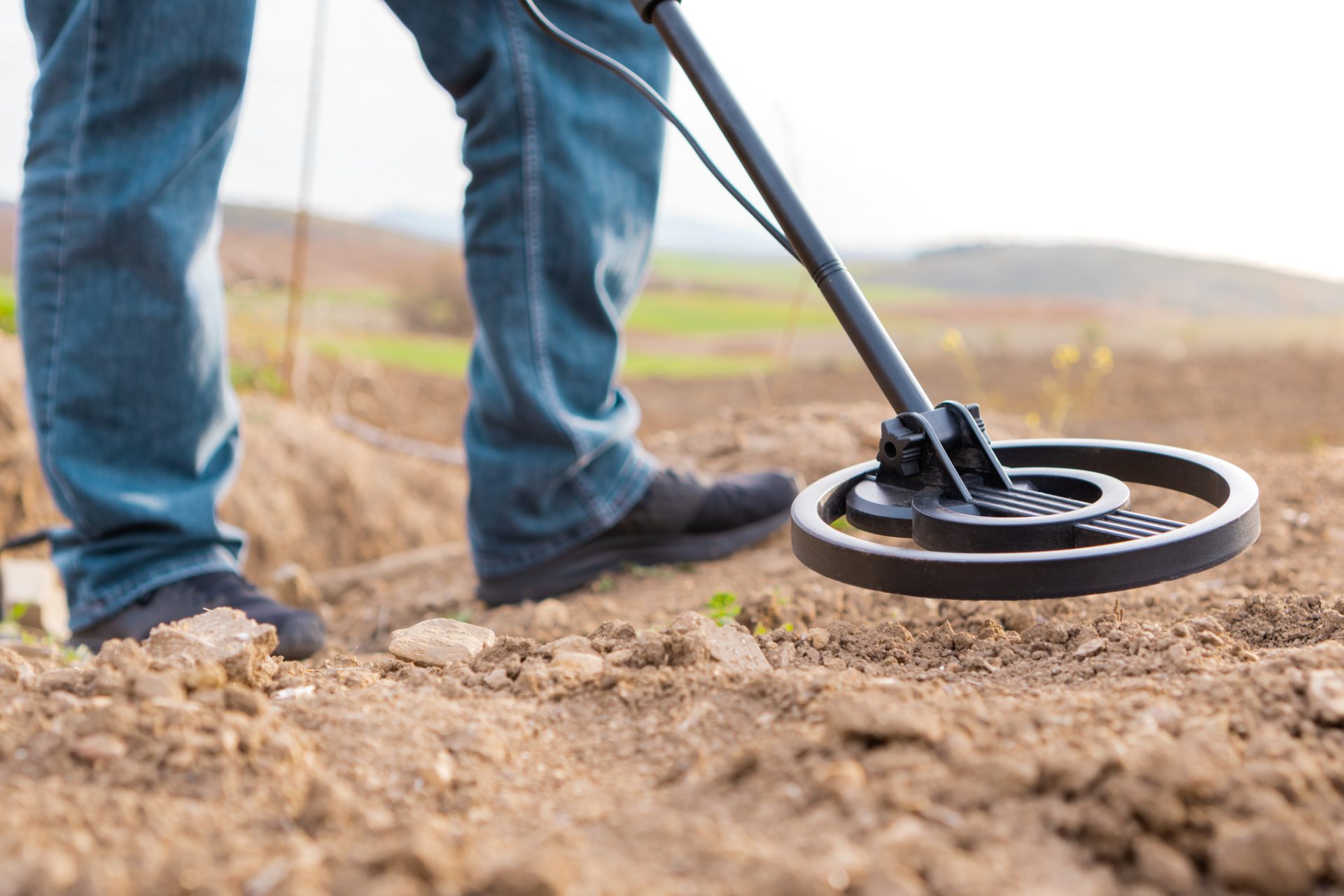Air pollution could be wreaking havoc on your child's IQ
Breathing in polluted air isn't good for anyone but it might have particularly detrimental effects for your children according to a 2022 study that showed the air your kids are breathing could be having a big impact on their IQ.
The study was published in the journal Science Advances and found that children living in poorer neighborhoods have a higher rate of exposure to air pollutants, which harms their development in reading and math.
This issue is compounded if a child is exposed to air pollutants in their infancy and for some, it can be equivalent to losing an entire month of elementary school.
It has long been known that children from more affluent communities are less affected by air pollution, but the study dove deeper into some of the impacts air pollution has on the population as a whole and explored how pollution related to socioeconomic status.
In their study, researchers found that cognitive gaps can begin forming in children as young as 6 months and can become irreversible in children as young as 2.
Geoffrey Wodtke, one of the study’s primary researchers and associate director of the University of Chicago’s Stone Center for Research on Wealth Inequality and Mobility spoke to the Washington Post about his study and the implications it has for wider society.
“The study is showing that children born into high-poverty neighborhoods are more likely to be exposed to many neurotoxic air pollutants,” Wodtke said.
“…and those differences, in turn, are linked with inequalities in early-childhood development, specifically reading and math abilities measured around the time of school entry,” Wodtke continued.
Wodtke and his team used data from the U.S. Department of Education to follow roughly 10,000 children from their births in 2001 until they entered kindergarten.
The researchers analyzed a variety of factors, including the children’s socioeconomic status and the air pollution concentrations in their neighborhoods—continually assessing their reading and math skills.
What’s important, Wodtke wrote in a statement, “is we provide some initial and relatively strong evidence that being born into a poor neighborhood harms early cognitive development, and this is at least partly due to exposure to neurotoxic air pollution.”
While most pediatric environmental health scientists were not surprised by the findings, the study’s authors did note that their findings were not without their limits.
“In particular,” the study’s authors wrote, “it remains possible that our estimates overstate the magnitude of neighborhood effects and/or the mediating role of air pollution because of unobserved confounding.”
They continued by stating, “despite our best efforts to address this problem via covariate adjustment and a formal sensitivity analysis. Because the threat of unobserved confounding is ubiquitous in studies of causal mediation, our inferences are provisional and must be interpreted cautiously.”
But evidence that air pollution affects early mammalian development has been mounting for years. In a study conducted in 2020, researchers from the Department of Biostatistics at the University of Washington found definitively proved that air pollution is neurotoxic to developing fetuses and was also associated with lower child IQ.
According to the European Environment Agency, roughly 1200 people under the page of 18 die from polluted air each year. But those numbers pale in comparison to the problems consistently breathing in polluted air can cause some individuals.
"Air pollution also causes low birth weight, asthma, reduced lung function, respiratory infections, and allergies in children and adolescents, as well as increased risks of adult chronic diseases," the European Environment Agency wrote in an April 2023 web post.
More for you
Top Stories






























